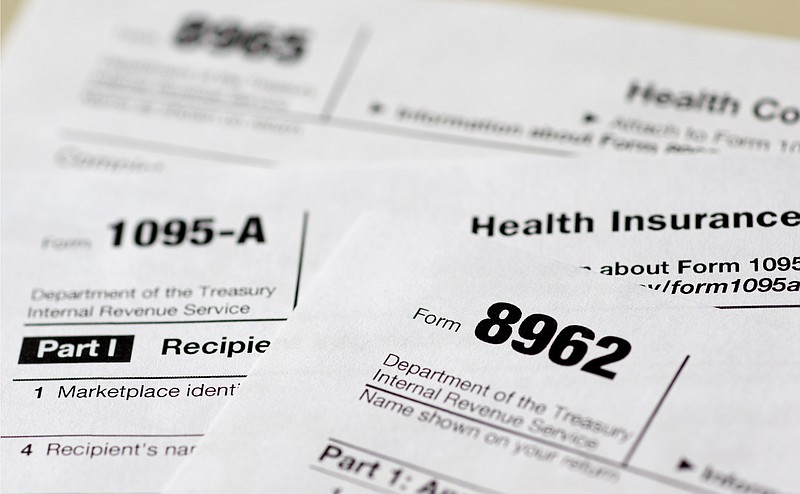Q. I want to file my income taxes early and need help with preparation. How do I find a reputable tax firm to assist? Much of the advertising seems misleading.
A. This is a critical issue for you and other consumers. Tax evasion scams, including fraudulent tax return preparation, cost taxpayers billions of dollars every year and is continuing to grow. The Internal Revenue Service reports criminal investigations into fraudulent tax return preparers continue to rise each year. Most people get help filing their taxes, either from computer software or a professional tax preparer. In the media there are horrors stories about tax service rip- offs and scams. They have some consumers concerned about who they can trust with their financial data and private information.
A paid tax return preparer is primarily responsible for the overall, substantive accuracy of your tax return(s). If there is a problem with your return or you are audited by the Internal Revenue Service (IRS), the tax preparer can help you address the issue and can often represent you. The preparer is required to sign your tax forms (paper or electronic) and provide their preparer tax identification number (PTIN), a number assigned by the IRS.
Look for credentials. Anyone with a PTIN can prepare your tax forms for you, but some tax preparers have more training and qualifications than others. Enrolled agents, certified public accountants (CPAs) and attorneys have unlimited rights to represent their clients to the IRS on all matters. Other preparers can help you with forms and simple IRS matters, but are limited otherwise, and they can't help you if they didn't prepare your form. Learn more about tax preparer credentials on the IRS website.
Dishonest tax preparers can commit fraud in a number of ways. They can claim inflated personal or business expenses, false deductions, unallowable credits or excessive exemptions on returns prepared for their clients. Fraudulent preparers also may manipulate income figures to obtain fraudulent tax credits, such as the Earned Income Tax Credit.
Missing the signs that a preparer may be abusive could cause the taxpayer considerable financial problems. Some of the most common signs where you should be alert include:
» Claiming that they can obtain larger refunds then other preparers.
» Basing their fee on a percentage of the amount of the refund. Fees should be based on the complexity of the return, never on the size of the tax savings or refund.
» Be wary of road side advertising. Signs on street corners, or posted on telephone or utility poles, often suggest transit tax preparers who are not licensed nor qualified to accurately file income taxes. Claiming they can get you immediate payment of your return. Keep in mind that this is a loan. Fraudulent tax preparers often pad their pockets by giving cash up front at a high interest rate while presenting it as an instant refund from the federal government.
» Refusing to sign the tax return or provide the taxpayer a copy for his or her records. Always make sure that you have something in hand that shows proof of what transpired and you should have a receipt for services rendered. This receipt is also your tax deduction for next year.
Taxpayers should be very careful when choosing tax preparers. While most preparers provide good service to their clients, a few unscrupulous tax preparers file false and fraudulent tax returns and ultimately defraud their clients.
It is important for a taxpayer to know that even if a preparer handles the tax return, the taxpayer is ultimately responsible for all the information on it. The Better Business Bureau, along with the IRS, recommends that taxpayers follow these tips when hiring a preparer:
Get referrals from satisfied clients and check their BBB Business Profile Report. www.bbb.org .
Ask the preparer about their training, experience and current knowledge of tax law.
Find out whether the preparer has ever represented taxpayers in an audit, or has ever been denied eligibility to do so.
Consider whether the individual or firm will be around to answer questions about the preparation of the tax return months or even years after the return has been filed.
Most importantly, taxpayers should always review their return before signing, ask questions on entries they do not understand, and get a copy of the return for their records. Finally, do not ever sign a blank tax form or one filled out in pencil.
Jim Winsett is president of the Better Business Bureau in Chattanooga.

